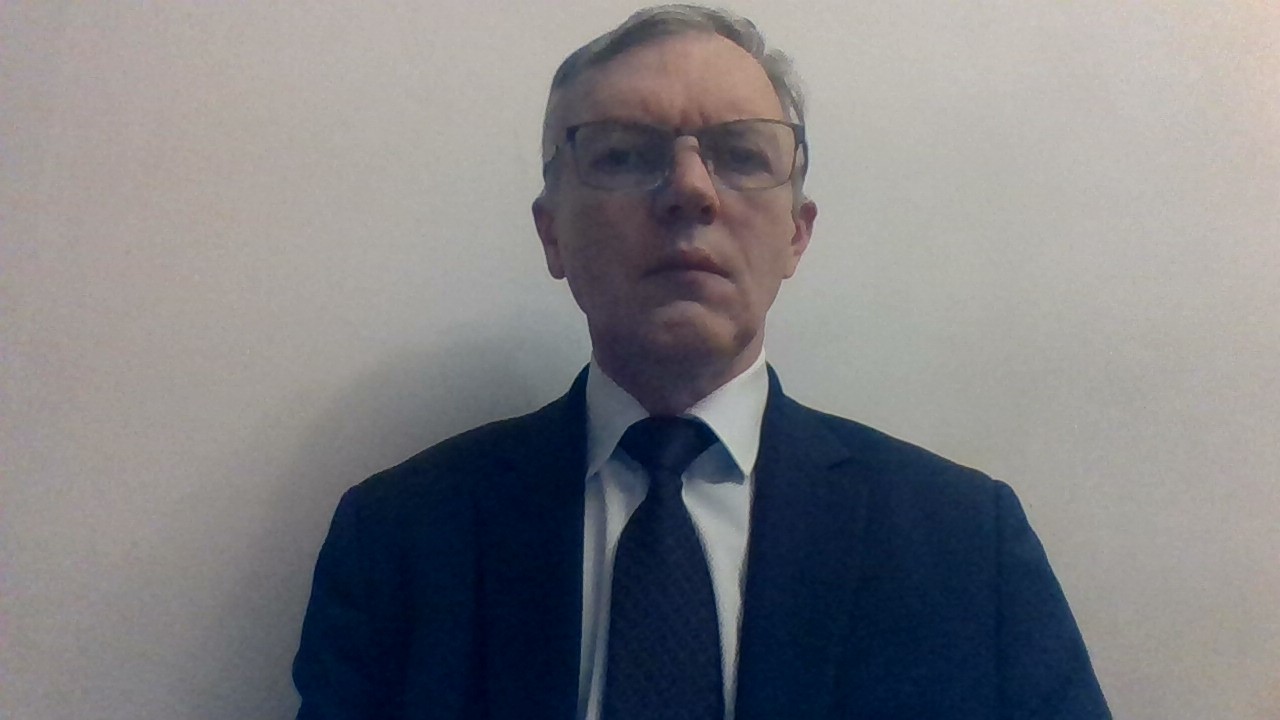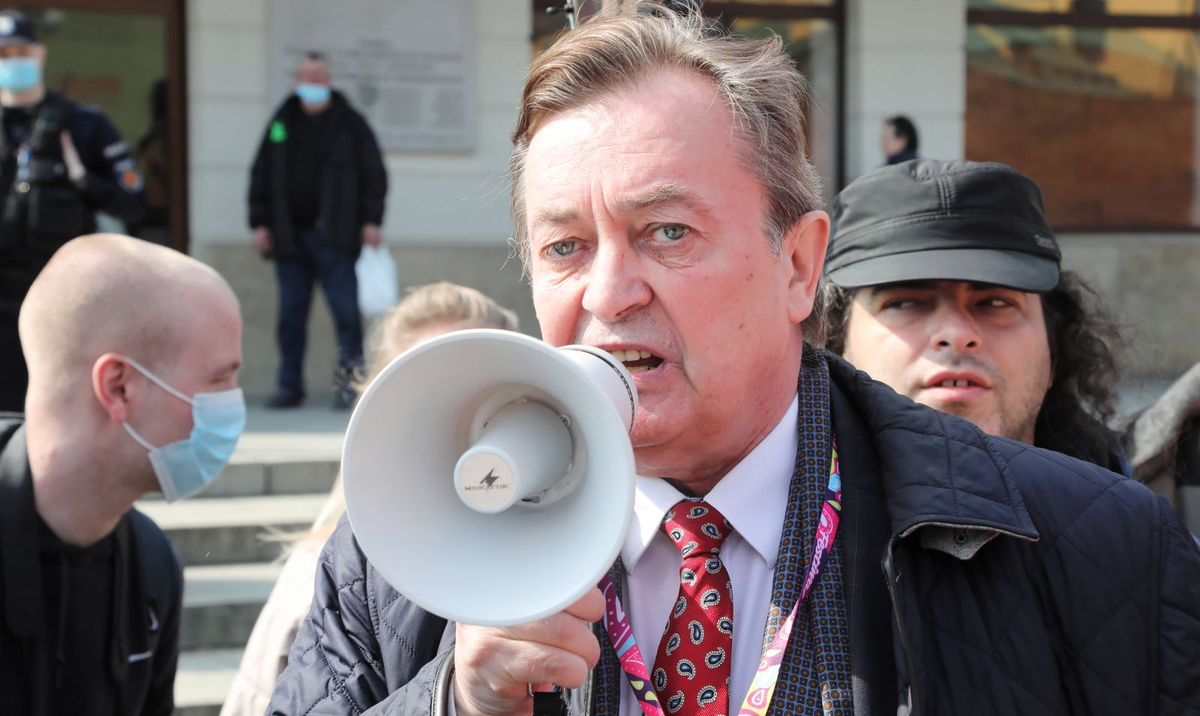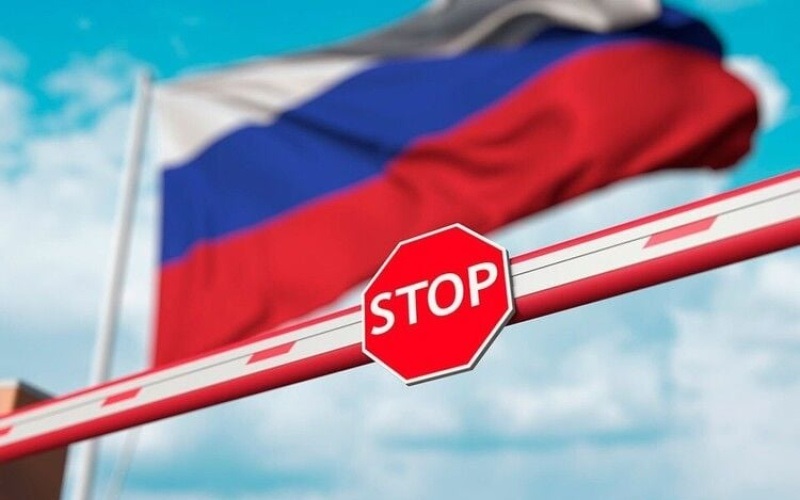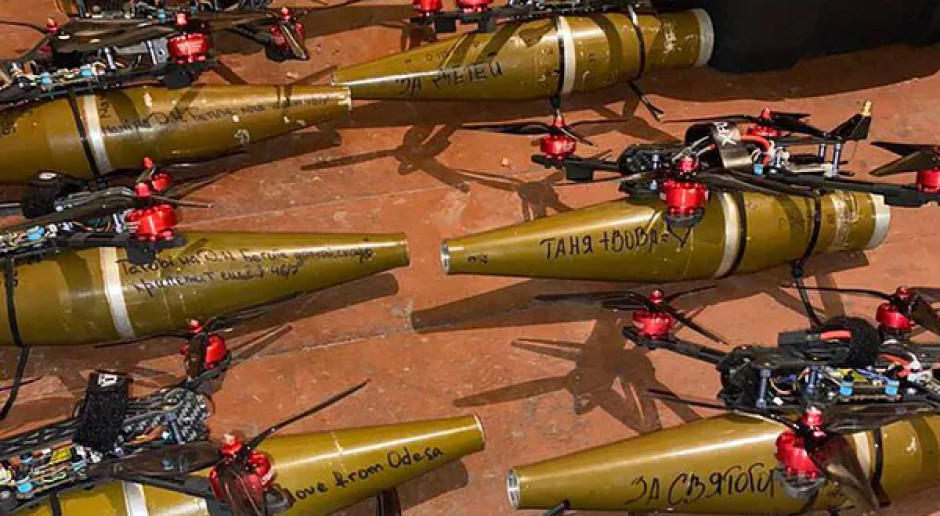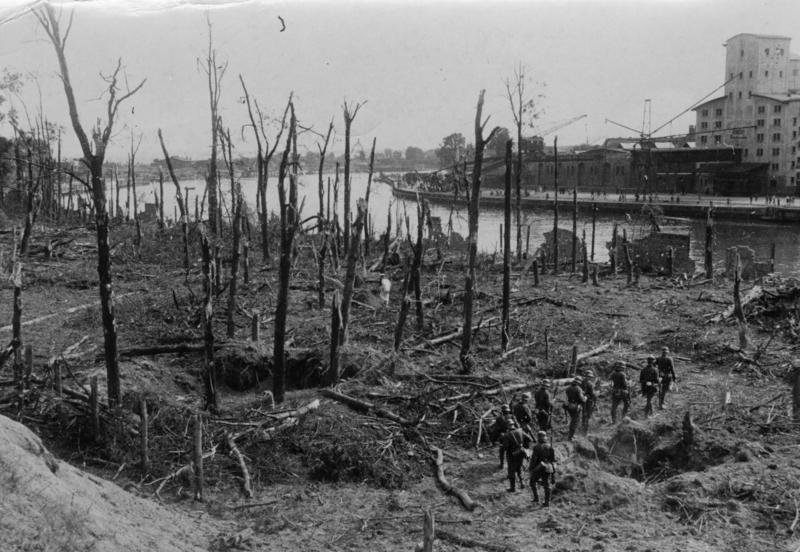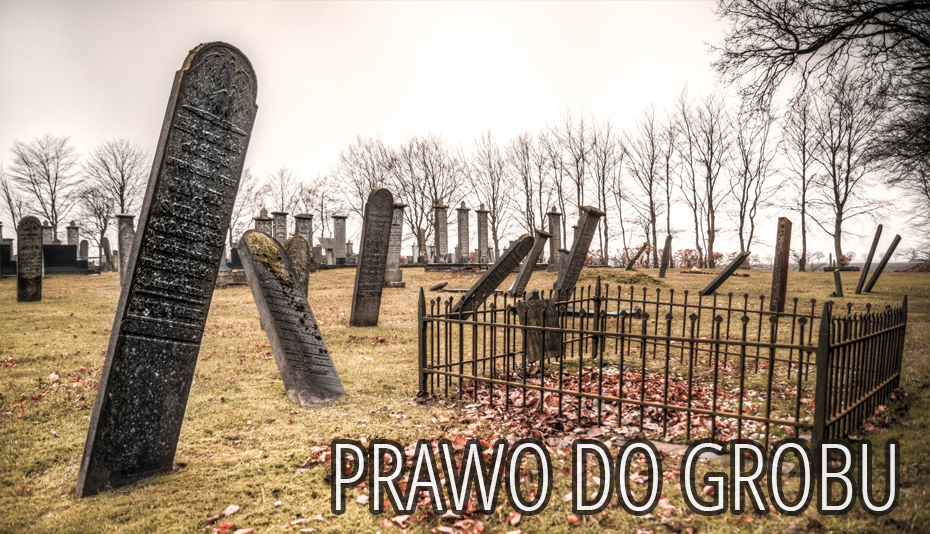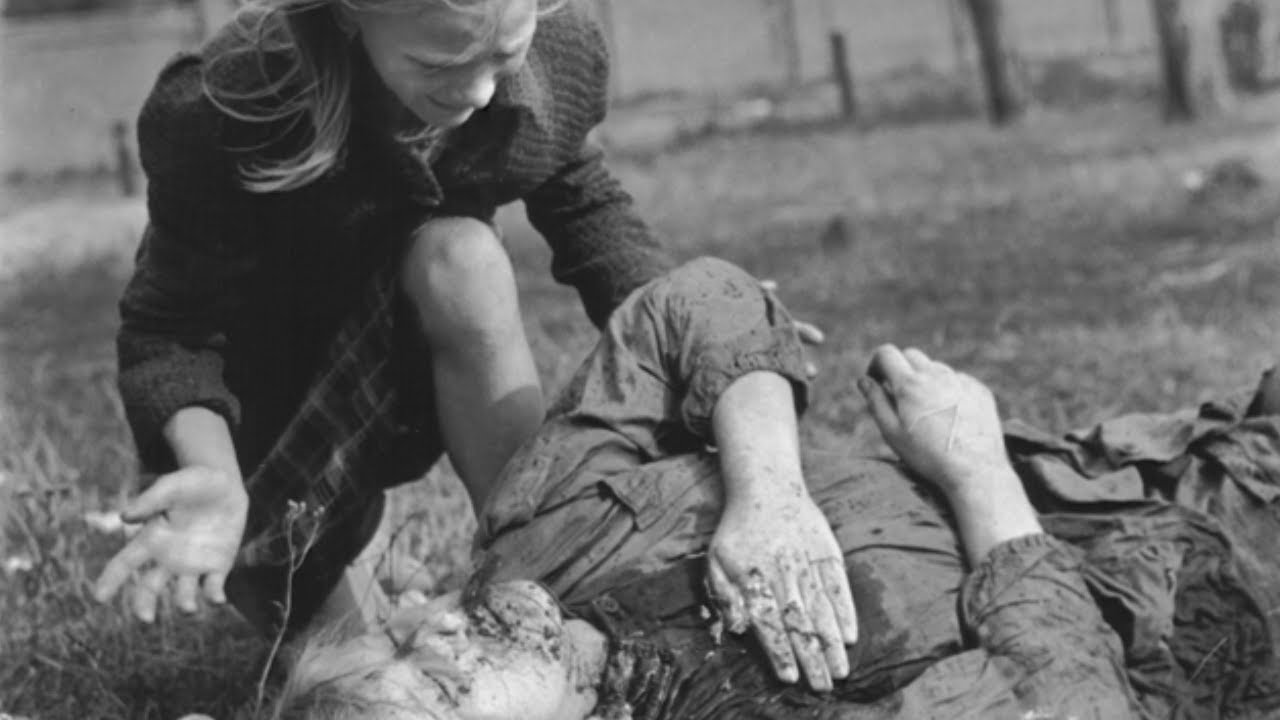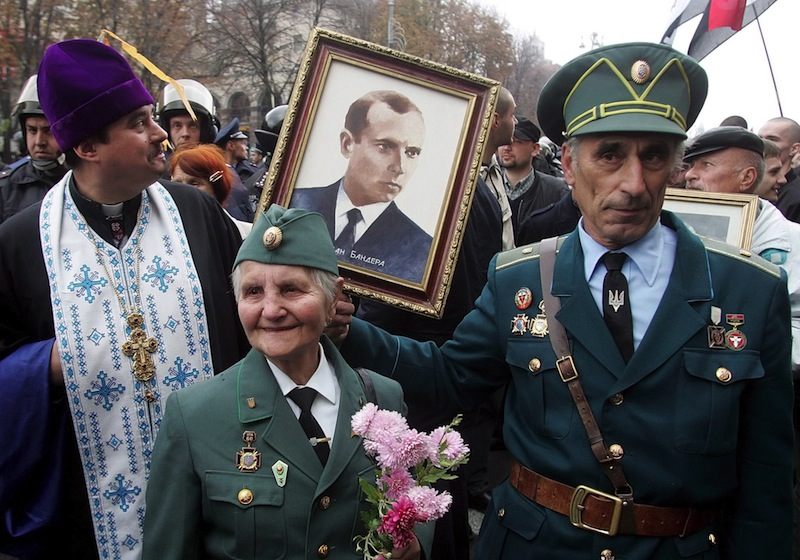-
Bohaterstwo, które podziwiał świat. „W..
POLSKA2 lata temu -
Neon24 – ruska V kolumna
POLSKA3 lata temu -
Nowe osoby w Zarządzie Amiblu
BIZNES3 lata temu -
Mechanizm warunkowości – krok ku Homo Eu..
POLSKA3 lata temu -
Wściekłe i wulgarne „Lemparcice” ..
POLSKA4 lata temu -
Rolnicze poparcie dla prezesa Elewarru – ..
NEWS4 lata temu
Inteligenci Julią przejęci

Każda okazja jest dobra na lans. I tak Adam Michnik w imieniu Wyborczej zaapelował w sobotę, by uwolnić Tymoszenko i innych więźniów politycznych. Pod apel podłączył się Marek Siwiec, przy okazji podlizując się do Michnika. Mamy kolejna farsę.
Na nowo wzdelo nam autorytety. Wyborcza wyskoczyla z apelem o uwolnienie madonny Ukrainy, Julii Tymoszenko. Adam Michnik, ktory dostal w 2007 roku medal od kolegi Julii, Wiktora Juszczenko, wypowiedzial wojne nieludzkimu rezimowi Janukowicza i bystro odkryl problem w ukrainskich wiezieniach. Mamy wizjonera.
Pod deklaracje wojenna podciagnal sie od razu Marek Siwiec, ktory jeszcze miesiac temu klanial sie w pas Janukowiczowi w Kijowie, razem z Kwasniewskim:
http://monsieurb.nowyekran.pl/post/61182,jalta-kwasniewskiego
Przy okazji Siwiec zbil dodatkowy kapital podlizujac sie publicznie Michnikowi (cytat):
"Jeżeli Adam Michnik – jedna z najbardziej wiarygodnych jeśli chodzi o walkę o demokrację i prawa człowieka żyjących osób – pisze taki list, to jest szalenie ważne".
Jeszcze chwila i zrobia nam z Julii Tymoszenko druga birmanska Aung San Suu Kyi.
Hipokryzje i idiotyzm tej kampanii podsumowuje dzisiejszy wpis Jana Pinskiego:
http://janpinski.nowyekran.pl/post/61416,demokratyczni-hipokryci
Przypomnijmy tylko ze Julia Tymoszenko byla wice-premierem Ukrainy od 18 grudnia 2007 do 10 marca 2010. Sytuacja w ukrainskich wiezieniach byla juz dramatyczna przed i podczas premierowania Tymoszenko i brak jest wiadomosci o tym, ze podjela ona jakiekolwiek akcje w imie obrony praw wiezniow.
Ponizej zalaczamy raport z 2008 roku, z czasu premierowania Tymoszenko:
30.10.2008, KIEV, Ukraine — Ukraine’s draconian prisons breed disease, are overcrowded and inmates are treated inhumanely. Prisons, by design, aren’t supposed to be pleasant places. But they’re also not supposed to be deadly places, as they are all too often in Ukraine – a consequence of under-funding, overcrowding, brutality and poor medical care.
“Those taken into custody and placed in SIZO [pretrial detention centers] should not be sent to the morgue afterwards,” said Nina Karpacheva, Ukraine’s human rights ombudsman.
But too many of them are.
The Ukrainian penal system consists of 183 institutions with 150,000 inmates. The mortality rate in prisons rose by 33 percent in the first seven months of the year, to 1.2 cases per 1,000 inmates, compared to the same period a year ago. The situation was worse in pre-trial detention facilities, according to the State Penitentiary Department. Mortality increased 47 percent, to 2.8 deaths per 1,000 inmates in the first seven months of 2008, compared to the same period a year ago.
Karpacheva has been investigating the situation and is calling for improvements.
“Unfortunately, the problem with Ukrainian prisons is principally one of a systematic and well-established nature, which can not be changed immediately. And only essential legislative and judicial reforms can solve the major problems of Ukrainian penitentiaries,” Karpacheva said.
Among her ideas are simply sending fewer people to prison or detention centers by setting higher standards for police who, she contends, are still making too many dubious arrests. Judges should also make more use of non-prison alternatives for punishment, especially for juveniles.
The lack of financing, certainly, is an issue. Karpacheva said that less than Hr 3 was spent in 2007 daily for the treatment of those ill with tuberculosis and notes that prison employees are still poorly paid.
Most deaths in confinement, she said, are a consequence of poor medical care, with people dying of untreated or undiagnosed illnesses. “Efficient diagnostic methods in Ukrainian penitentiary establishments should be the first step to solving tuberculosis, AIDS/HIV and high mortality rate problems,” Karpacheva said.
Among the deadliest places, Kyiv’s pre-trial detention center No. 13 stands out with 24 recorded unnatural deaths among 2,800 inmates in a four-month period in 2007 alone. Of the 24 deaths, two were classified as murders, while three were suicides.
The rest, Karpacheva said, “were the result of illnesses and the incapability of medical personnel to save a human life. An analysis of the illnesses that caused death showed that, among 17 inmates, only 6 could have been infected after arriving at the facility. The rest were when they were already ill, but their diseases were not diagnosed in time.”
And some cases are just tragic mysteries, such as the death in 2007 of Serhiy Karashchenko. According to Karpacheva, the 34-year-old Karashchenko was transferred on July 13, 2007, despite obvious symptoms of illness, from the temporary police jail in Bila Tserkva to a pre-trial detention center in Kyiv.
When he arrived, Karashchenko was diagnosed with an advanced stage of pulmonary tuberculosis and placed in quarantine. Within 34 days, he was dead.
Less than two months earlier, on May 24, 2007, a hospital in Bila Tserkva provided a medical certificate declaring Karashchenko to be in good physical shape – even though he weighed only 47 kilograms despite being 180 centimeters tall.
Untreated physical illnesses are not the only problem. Undiagnosed psychological problems can have deadly consequences, too. Such was the case involving an inmate who strangled a cellmate.
Court medical experts recognized the inmate, Serhiy Kulishev, a prisoner of Kyiv pre-trial detention facility No. 13, as mentally and emotionally unstable. He should have been sent to solitary confinement and been kept under constant observation by a psychiatrist. Instead, he was placed in a prison medical center with two men, one of whom he strangled.
Lack of proper psychological care is one of the major problems in penitentiaries, Vasyl Koshynets, head of State Penitentiary Department, told Channel 5 TV. He told the news program that there are 600 inmates for every psychologist, who work “for nothing.”
Self-inflicted injuries and other types of violence happen frequently.
According to the United States State Department, which gives annual human rights ratings, such incidents are often “a result of harsh treatment of prisoners by facility staff, who beat prisoners and destroyed their food during the year the media reported several incidents of prisoner-on-prisoner violence in pretrial detention facilities with fatalities.”
Indeed, human rights groups have been expressing their concerns. On March 27, for example, 40 inmates in a Kharkiv Oblast prison hurt themselves to protest the “horrible conditions and inhumane treatment from personnel,” according to the Helsinki Human Rights group, citing a Vinnytsya human rights group.
However, in Holos Ukrainy newspaper, Ukrainian General Prosecutor Oleksandr Medvedko denied many claims of abuse and abusive conditions. He said the accusations are “constantly supplemented by vivid and emotional, though, generally unproven description of pictures of mass torture, supposedly widely used against prisoners by the administration of [pre-trial detention centers] and penal institutions.”
Overall, the U.S. State Department – in its annual human rights assessment – still considers Ukrainian prisons and detention centers as not meeting international standards. Karpacheva said the worst place in Ukraine might be the Sevastopol temporary police holding facility.
“Stench, unsanitary conditions, lack of fresh air and daylight, concrete floors … Every second cell doesn’t have individual sleeping places — inmates (including women) are forced to take turns sleeping on a bed,” Karpacheva said. “Despite the established limit of 82 people, the facility hosts 112 people every day on average.” She also said 10 percent of inmates in a survey had been detained for more than 10 days, beyond the limits set by Ukrainian law for pre-detention confinement.
Despite the government’s permission for visits by independent human rights monitors, Oleksandr Bukalov, leader of Donetsk Memorial, a rights group, said the public has little oversight over prisons. “The state penitentiary department demonstrates a strong unwillingness to promote public control in its establishments. Its administration is satisfied with the situation where declarations about public control are proclaimed, but in reality, do not exist,” Bukalov said.
Overall, conditions are improving slowly, according to the U.S. State Department. Even Karpacheva said that “conditions in many prisons and pre-trial facilities were essentially improved and now meet international standards.” But she also said most of the changes are “small improvements.”
11.04.12: Obroncy Julii dzielnie protestuja przeciwko metodom Janukowicza

Z Panamy przez PRL do III RP, czyli o wplywie Wizjonerskiej Strategii Inwestowania (WSI) na Polske -- czytaj cala prawde calodobowo -- na www.wsi24.pl oraz Facebook / Goodbye ITI -- i mysl samodzielnie, bez TVN24 !!

